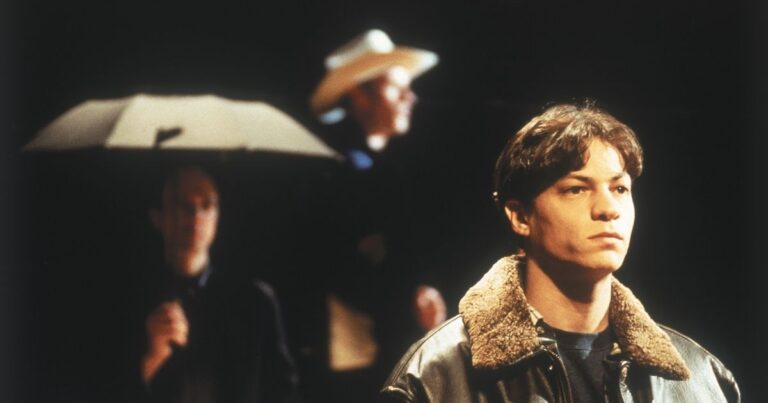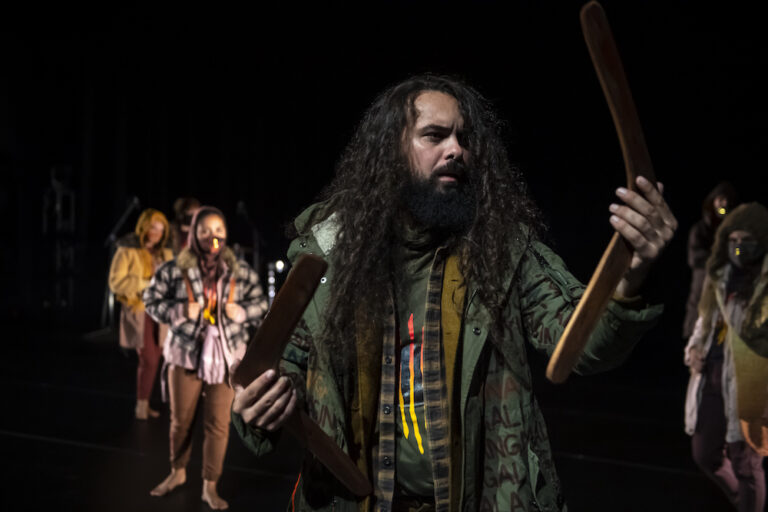
Melbourne councillors and residents warn against business voting bill

Melbourne councillors and residents have delivered strong warnings against the proposed business voting legislation for the City of Sydney.
A bill proposed by the Shooters and Fishers Party and supported by NSW Premier Mike Baird is a replica of a business voting bill that currently exists in the City of Melbourne.
Melbourne’s bill is currently being reviewed as part of an independent examination of local government practices.
Independent councillor Jackie Watts said the NSW Government should not be introducing this bill as the City of Melbourne is considering repealing it.
“The irony here is exquisite,” Cr Watts said.
“Just at the time when we are finally at the point of electoral reform in the City of Melbourne, the NSW Government is taking a lurch to the right and trying to instigate this policy in Sydney.”
Cr Watts told City Hub she has been opposed to the bill since its introduction to the City of Melbourne in 2001.
“I have been opposed to this model of voting ever since I realised how ridiculous this gerrymander is.”
Greens Councillor Rohan Leppert agreed the legislation would have a negative impact on the City of Sydney.
“Just look at Melbourne. Every time there is an election we see residents are angered that this system is forced upon them,” he said.
“This is a deliberate means of taking a very progressive area and turning it in to a conservative electoral roll.”
“The residents of Sydney will be the losers if the Government adopts the bill being proposed by the Shooters party.”
Conversely, Independent Councillor and founder of online news website Crikey Stephen Mayne said he feels the voting system has had a positive impact on the City of Melbourne.
“This system has made the City of Melbourne a more business-friendly council rather than being captured by aggressive inner city resident voters,” he said.
While he supports the majority of the bill’s contents, Cr Mayne said he opposes the notion of allowing a second vote for businesses.
“My view is that businesses should get one vote, not two,” he said.
The offices of the Lord Mayor and Deputy Lord Mayor declined to comment on the issue of business voting.
One major issue identified by Cr Watt and Cr Leppert was that allowing businesses two votes and residents only one allows a large proportion of votes to come from people who do not live in Melbourne.
This has resulted in six out of 11 councillors on the City of Melbourne Council being non-residents.
“There is a significant difference in approach in people who understand how the city works and those who commute here,” Cr Watts said.
“Either you understand the needs of a cosmopolitan city or you don’t.”
Cr Leppert said he feels this has meant the City of Melbourne Council focuses more on high-level government than on local communities.
“The majority of councillors don’t live in the City of Melbourne. What that means is council is a high-level governing council and less engaged with its community.”
“It is much more amenable to the state government and the big end of town than it otherwise would be.”
Melbourne residents have also warned against the adoption of the proposed bill.
Melbourne resident and spokesperson for East Enders residents’ group Michael Kennedy said the business voting model has had a very negative effect on residents’ rights in the City of Melbourne.
“I was brought up to believe it is one person, one vote,” Mr Michael said.
“As far as I know corporations aren’t people, and even if they were I don’t see why they should be afforded two voters to everyone else’s one.”
Mr Michael emphasised that even conservative members of the Melbourne electorate are opposed to the voting model, he himself being a member of the Liberal Party.
Mr Michael also expressed concern the voting model skews the vote towards middle class, anglo-Australian interests.
“Company directors and operators are predominantly anglo-Australian, male, middle class and middle-aged,” he said.
“This means that women, non-Anglo Australians, the young and the aged are now under-represented in the City of Melbourne electoral roll.”
Mr Kennedy said he believes the proposed bill would negatively impact the City of Sydney.
“Both reputationally and in regards to democratic integrity, this bill will have a very serious negative impact on the City of Sydney,” he said.
Spokesperson for activist group Residents Rights Maureen Capp also said residents in Melbourne are unhappy with the current business voting model.
“All I know is we as residents don’t like it,” Ms Capp said.









